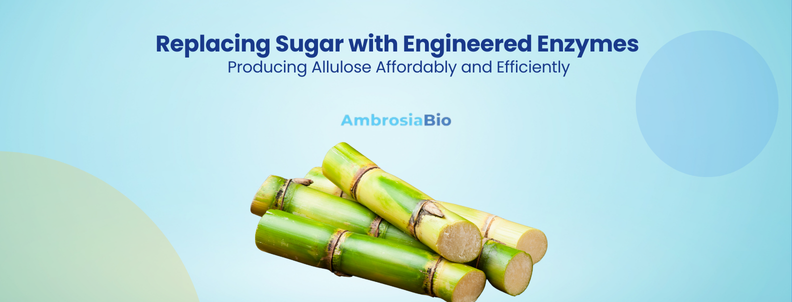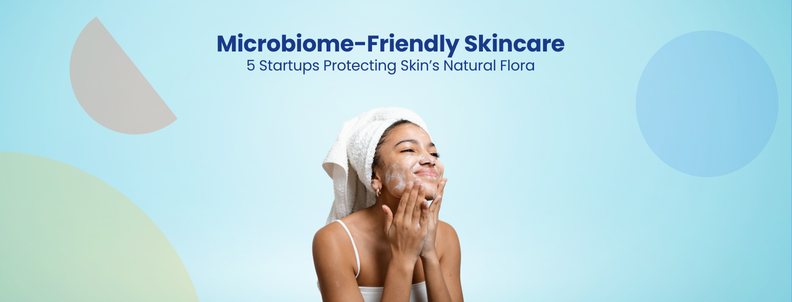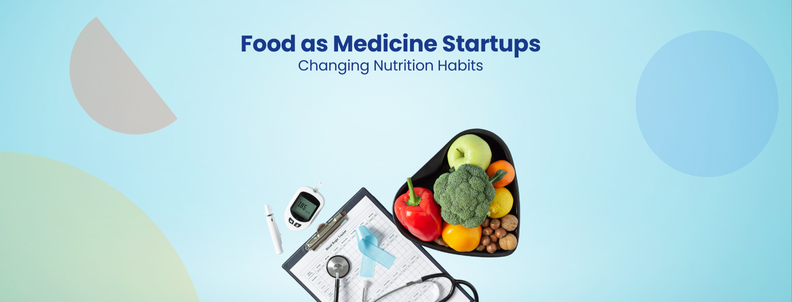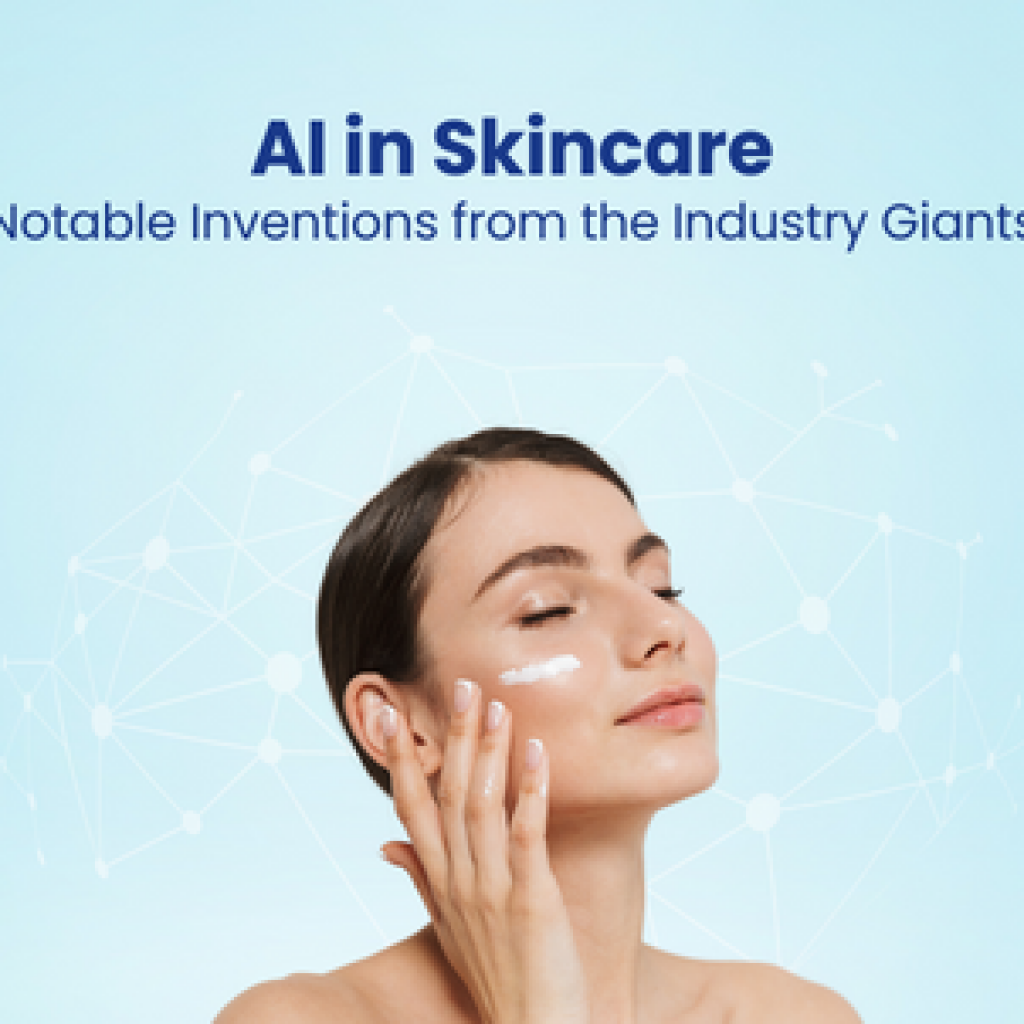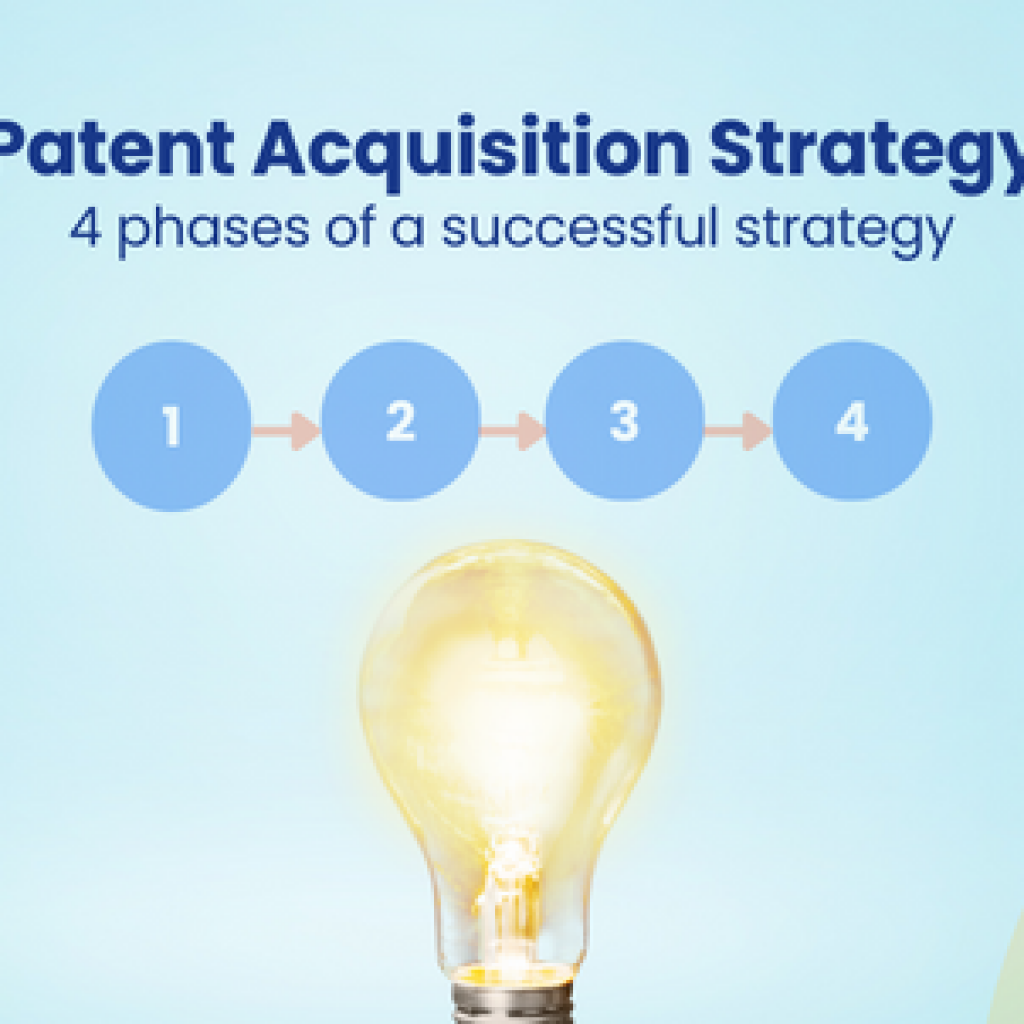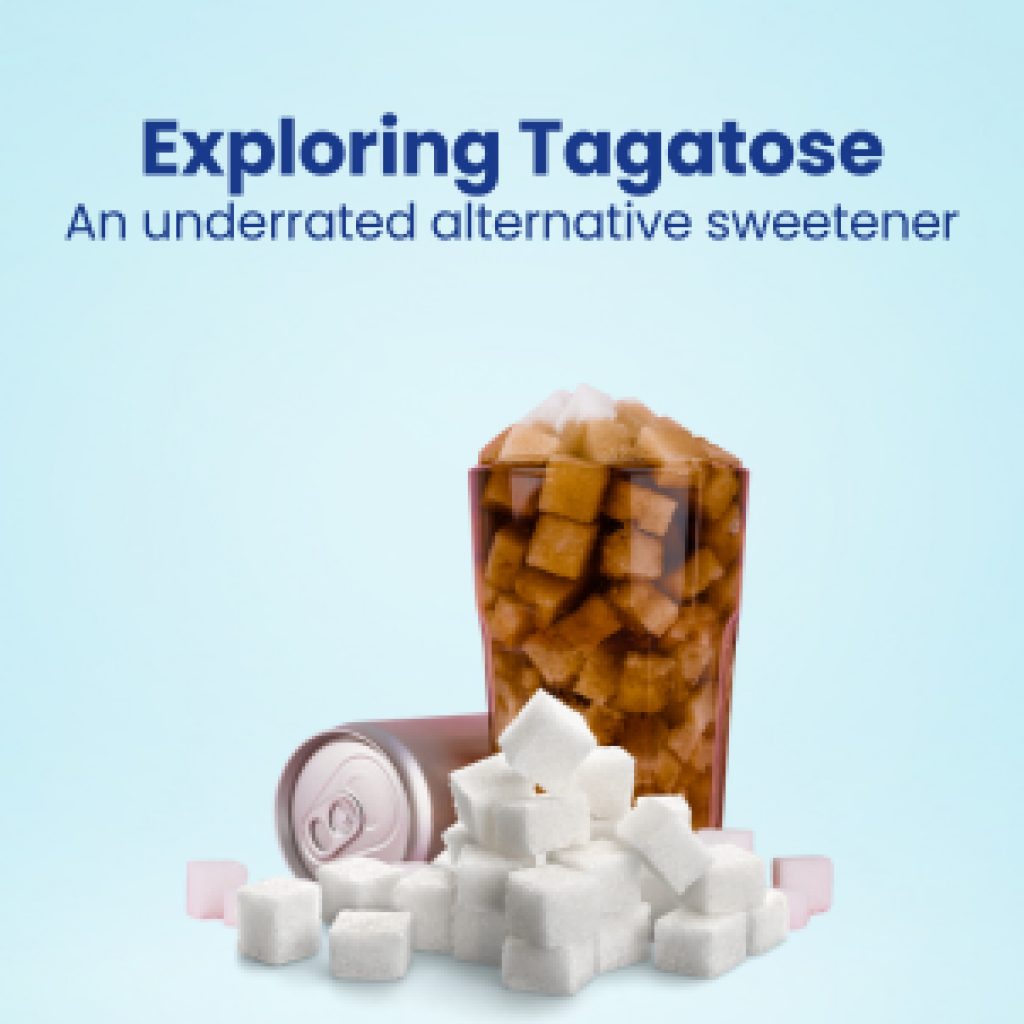Current sugar replacements, such as stevia, erythritol, and artificial sweeteners, often fall short of fully replacing sugar. They may replicate sweetness but lack the functional properties of sugar, such as providing bulk, texture, and the browning effect crucial in many culinary applications.
These shortcomings prevent them from being direct one-to-one replacements in various recipes and food products.
Allulose, a naturally occurring sugar, offers a promising alternative. It mimics the functional properties of sucrose while providing about 90% fewer calories. Unlike other sweeteners, it can be used in baking, beverages, and more without altering the taste or texture.
However, the widespread adoption of allulose is hindered by its high production cost, limited availability, and complex production processes. Additionally, regulatory hurdles and the need for extensive market education contribute to its slow adoption.
To overcome these challenges, startups like Ambrosia Bio use innovative technologies, such as engineered enzymes, to produce allulose more affordably and efficiently.
As a technology scouting firm, we were determined to uncover the science behind Ambrosia Bio’s sugar reduction technology and explore its potential impact on combating the health challenges of excessive sugar consumption.
So, we spoke with Ziv Zwighaft, the CEO of Ambrosia Bio, to gain valuable insights into their sugar replacement technology. This interview is part of GreyB’s Scouted series. In this series, we spotlight innovative startups and speak to their founders about how their solutions can revolutionize the industry by solving problems. You can find all those interviews here.
Author’s note: While researching, we came across many other startups that were working on reducing sugar using enzymes. Curious to know about them?
“Sugar is much more than just being sweet. If you try to make a, let’s say, crème brûlée with stevia, it will simply not work.”
– Ziv Zwighaft
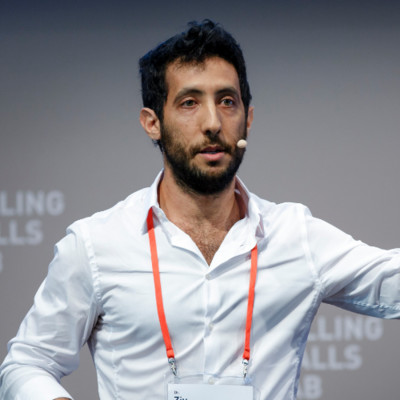
Ziv Zwighaft is the CEO of Ambrosia Bio, a biotechnology company creating sugar replacements with engineered enzymes. He has vast experience in biotechnology with skills in molecular biology, life sciences, sales, marketing, and leadership. Ziv Holds a PhD in Biochemistry and an MBA. As an avid ultra-marathon runner competitor, he has a passion for health and fitness, reflected in his business ideas.
Want to know more about Ambrosia Bio and Ziv’s vision? See for yourself.
Overview: Ambrosia Bio Making Allulose Cheap and Accessible with Engineered Enzymes Technology
Ambrosia Bio’s technology is focused on producing allulose, a naturally occurring FDA-approved sugar alternative. It has fewer calories and no impact on insulin levels. The startup uses a propriety enzyme to produce allulose.
It is trying to make allulose production cost-effective without impacting purity. The goal is to make allulose cheaper, near the price of sucrose, and commercially viable.
“Allulose contributes about 90 percent fewer calories and does not increase insulin levels. So you have all the benefits without the negative side.”
– Ziv Zwighaft
Short on time?
Here are key highlights from the discussion.
Highlights from The Conversation
How does Ambrosia Bio’s technology work, and how efficient is the sugar reduction process?
Ambrosia Bio’s proprietary enzyme technology is focused on making We are making allulose production cost-effective. Traditional allulose is expensive, but our modified enzyme enables us to produce it affordably. It allows allulose to be competitively priced compared to sucrose, crucial for widespread adoption and impact.
Allulose is a naturally occurring sugar we consume without even noticing. Its unique aspect is that it replicates sugar’s sweetness and functional properties, which are crucial in various food applications.
Unlike other sweeteners such as stevia or erythritol, allulose mirrors the full functional profile of sugar. It provides the necessary bulk, texture, and browning in baking and cooking, making it a true one-to-one sugar replacement.
From a health perspective, It contains about 90% fewer calories than traditional sugar. Allulose does not raise insulin levels, making it an excellent alternative for people managing their sugar intake and those with diabetes.
This dual benefit of maintaining the desired taste and texture of sugar while drastically reducing caloric content positions allulose as a revolutionary product in sugar reduction.
Can you elaborate on the enzyme you use and its role in the production process?
Our proprietary enzyme efficiently converts fructose into allulose. Its stability allows it to operate at high temperatures and for extended periods, enhancing the production process’s overall efficiency and reducing costs significantly. Importantly, this enzyme is not present in the final product, simplifying regulatory approvals.
We ensure no leakage or enzyme residues in the final allulose product. This is crucial because the enzyme we use is considered a processing aid, not a GMO, simplifying the regulatory process. These enzymes are mobilized and not present in the final product.
By demonstrating that the enzyme is merely a processing aid and not an ingredient, we ensure compliance with FDA regulations and affirm the safety and efficacy of our product.
How is the final product delivered to your partners, and what forms does it take?
We don’t produce allulose on a large scale. We do have a demo plant and will have a small-scale investment facility, but our goal is not to produce allulose by ourselves. Our goal is to partner with sugar producers to co-produce allulose. Depending on the application’s requirements, the final product can be syrup, often over 99% pure, powder, or crystallized allulose.
What challenges have you faced in integrating your technology with large-scale sugar producers?
The sugar industry is one of the oldest and tends to be quite traditional, which poses significant challenges for innovation. A major hurdle is convincing sugar producers to invest in the capital expenditures necessary to revamp their facilities for producing specialty ingredients like allulose. Their diversification efforts are typically limited to revenue streams like ethanol and biogas, making them hesitant to venture into new products.
Moreover, it’s not just about convincing the sugar producers. We also need to persuade their customers—B2C companies like beverage, bakery, and ice cream producers—to adopt allulose in their products. This involves substantial investment in formulating new product lines and demonstrating the benefits of allulose.
There’s also a classic chicken-and-egg problem: B2C companies are reluctant to start using allulose on a large scale because of its limited availability and high cost. To address this, we work closely with sugar producers to develop a reliable supply of affordable allulose. We make the proposition more attractive by securing commitments from these producers and demonstrating the market demand through potential off-takers.
At every step of this value chain, we engage in activities to alleviate these challenges, ensuring that both producers and their customers see the value and feasibility of integrating allulose into their products.
How close are we to seeing allulose widely adopted as a sugar alternative?
Technologically, we are ready. We produce hundreds of kilos at competitive prices, and our products are being tested globally (with good results). However, we need to scale up production significantly to meet the growing demand. We are currently raising funds to set up a larger facility to demonstrate our capacity to produce allulose on an industrial scale.
What’s on the horizon for Ambrosia Bio regarding R&D and new products?
Ambrosia Bio’s technology is more in the development phase rather than research. We are focusing on fine-tuning our demo site and scaling up production.
Scaling up our production and efficiency will help us demonstrate our capacity to meet large-scale demand and facilitate more effective conversations with sugar producers.
While our primary product remains allulose, we continue to improve the efficiency of our process and explore new applications for our technology.
How do you stay updated on industry developments and ensure your technology remains cutting-edge?
We have partners worldwide who keep us informed about industry trends and developments. We also focus on improving our technology rather than looking at competitors, ensuring we remain leaders in the sugar reduction space.
Are you open to partnering with companies in regions outside your primary targets?
Yes, our strategy involves partnering with regional producers to co-produce allulose. We share our knowledge and technology to help them lead in their markets. This collaborative approach allows Ambrosia Bio to expand its reach and impact.
Meet our Interviewer – Vikas Jha, AVP, Solutions at GreyB

Vikas Jha is an experienced tech consultant focused on intellectual property consulting. With expertise in diverse domains like Telecom, Navigation, and Medical Devices, he helps clients navigate innovation challenges. His ability to bridge technology, innovation, and leadership makes him a valuable resource in the evolving tech landscape. Vikas has been featured on CNBC for his insights on next-gen technologies like space tech.
Looking for innovative technologies for sugar reduction/replacement?
This comprehensive report has all the answers you seek. Fill out the form below and get the report delivered to your inbox.
Authored By: Naveen Kumar, Marketing
Next Read: Top FDA-Approved Sugar Reduction Solutions You Should Know

